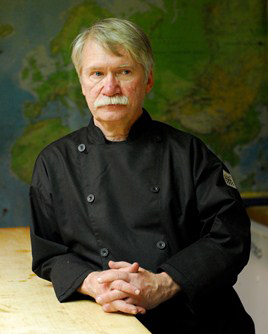Happy 60th, Tots!
Tuesday, 07 October 2014 13:13
 As Tater Tots® hit the Big 60, the Idaho Potato Commission celebrates six decades of tot-inspired menu creativity.
As Tater Tots® hit the Big 60, the Idaho Potato Commission celebrates six decades of tot-inspired menu creativity.
When Tater Tots® began arriving in grocery stores in 1954, they quickly caught on as a snack food, a side dish and the foundation for casseroles at dinner tables across America. (Tater Tots are a registered trademark of Ore-Ida, a division of the H.J. Heinz Company).
Across the next 60 years, foodservice operators capitalized on tot popularity, enthusiastically integrating them into menus ranging from quick service to white tablecloth. As these bite-sized potato croquettes officially move into middle age, the Idaho Potato Commission (IPC) salutes the tot as both an inspired potato product and a springboard for potato creativity.

 This second installment in a four-part series on assessment methods focuses on oral presentations and class participation.
This second installment in a four-part series on assessment methods focuses on oral presentations and class participation. Integration of industry and education better prepares students for success and makes a school essential in the eyes of all stakeholders. Good news is that opportunities for your program to partner with your local business community are endless.
Integration of industry and education better prepares students for success and makes a school essential in the eyes of all stakeholders. Good news is that opportunities for your program to partner with your local business community are endless. New research from the National Restaurant Association shows a substantial number of operators are implementing sustainability best practices into their businesses.
New research from the National Restaurant Association shows a substantial number of operators are implementing sustainability best practices into their businesses.